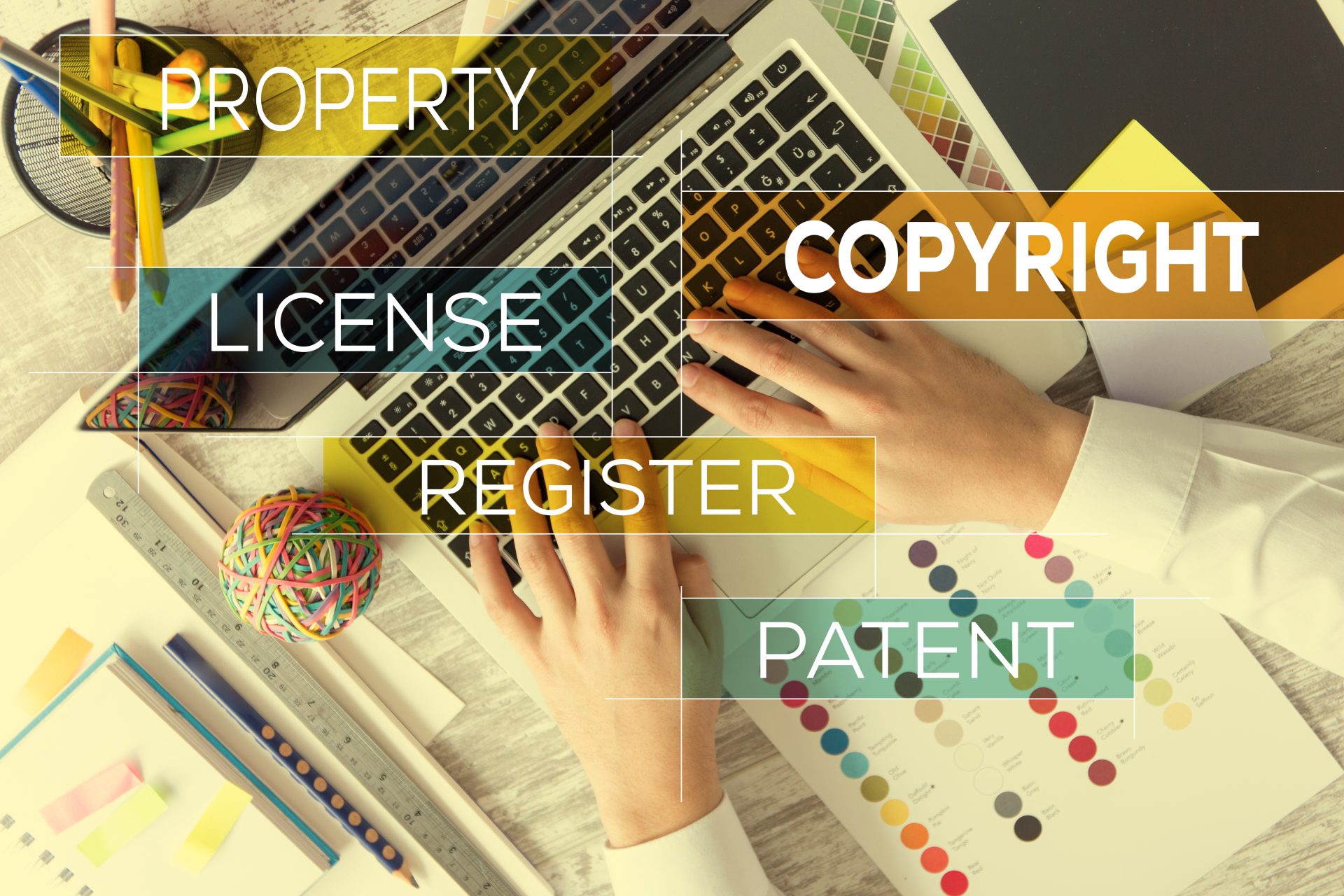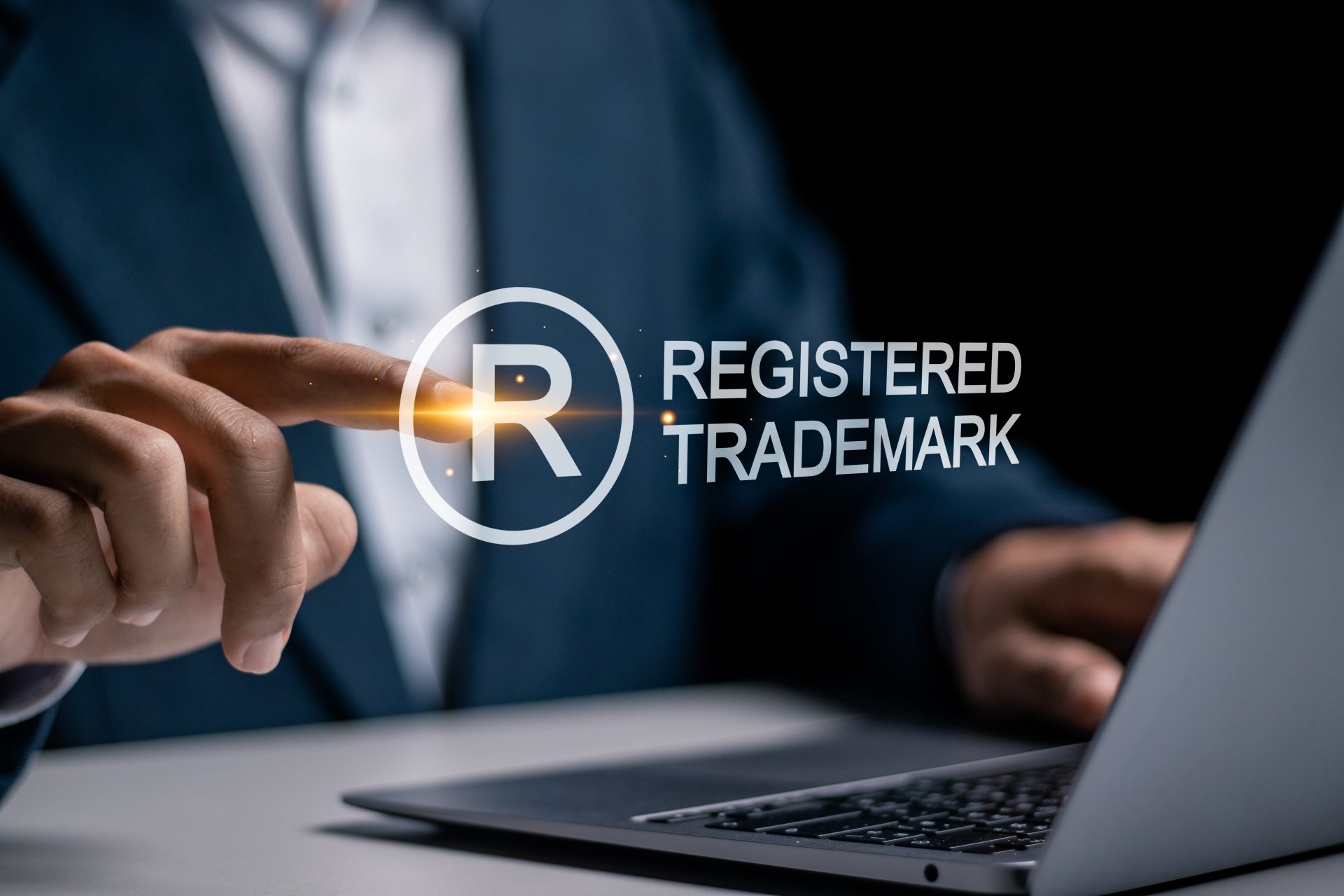When it comes to protecting your brand, you have to know the many ways that your brand can be legally vulnerable. This is just the first step in learning how to legally protect your brand. Next, you have to know how to protect your brand. When it comes to legally protecting your brand, you want to put safeguards through specific elements of your brand, namely your: intellectual property, copyrights, and your trademarks.
Intellectual Property
When it comes to your intellectual property, you want to make sure that all your trade secrets are actually kept secret. This includes protecting business information such as your customer data, any and all internal processes, and confidential business information. Here are a few ways that you can legally protect your IP or your intellectual property:
- NDA’s: One of the best ways that you can do this is through NDA’s or non-disclosure agreements. These help protect your company secrets as well as any internal processes. NDA’s are usually standard for brands that want to keep their formulas or processes confidential.
- Patents: Patents are also one of the best ways to protect your intellectual property. Patents help in making sure all your IPs are trademarked and registered to your brand and your business. This also makes use of the US Patent office to help protect your business legally.
Trademarks
A trademark protects your brand in that it gives you exclusive use of brand identifiers. This includes the name of your business, the logos of your business, your slogan or taglines, and all products and services provided by your business.
What You Should Trademark:
- Brand name
- Slogans or taglines
- Logos and symbols
- Packaging or trade dress
You can also protect your trademarks by searching your country’s IP and patent office to make sure that all of your trademarks have not yet been taken. If not, you can then register your trademark to make it exclusive for your business or brand. You can usually tell if a brand name or product is officially trademarked when you see the ® symbol.
Copyrights
Copyrights are used to protect any original work or authorship. This covers all content that is fixed in tangible form. This means content that is found physically or even digitally. This generally covers all written materials including blogs, books (including eBooks), and even product descriptions. Copyrights are also used to protect graphic designs, including original graphics, photos, videos, and audio used by your brand. This content can be protected it by registering it with the US copyright office, or your country’s equivalent branch.
Best Practices to Legally Protect your Brand
- Consult an Attorney: A legal professional can help to make sure that your brand is protected against any and all risks. Your Lawyer can also help in making sure that you have the proper legal documents for your brand.
- Monitor Copyright Infringement: Businesses can use UP monitoring services to make sure that all your content is protected by copyright. Monitoring can also make sure that there is no infringement, especially online.
- Domain Names: Brands that have a significant presence online should make sure that all your domain names are registered. This includes official websites, social media pages, and blogs. You can trademark all of your brand names online or register your domain name for use of your specific brand or business.




















